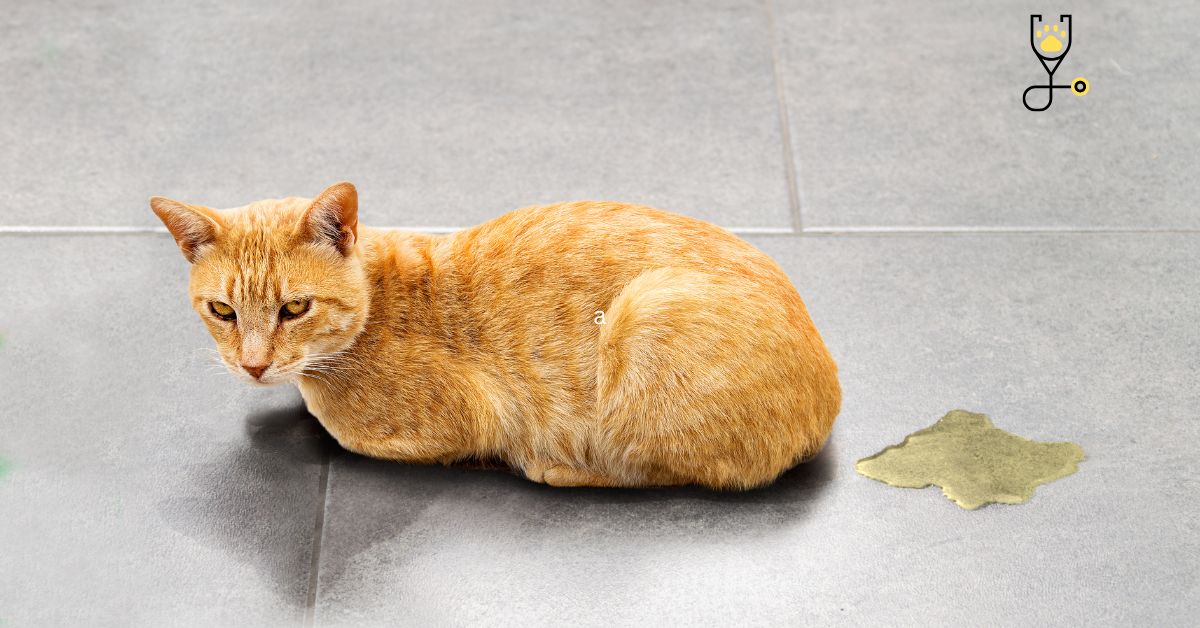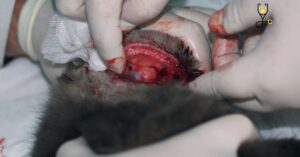Cats are one of the most popular pets in the world. Though beloved for their independent and playful personalities, cats are still prone to a variety of health problems. One common health problem that cats experience is renal failure. This blog post will discuss what renal failure is, the causes, symptoms, and treatment of this condition in cats. Stay tuned for more information on how to keep your furry friend happy and healthy!
What is renal failure?
Renal failure is a condition that results when the kidneys are no longer able to filter toxins from the blood. The kidneys are responsible for removing waste products from the blood and excreting them in the urine. When renal failure occurs, these toxins begin to accumulate in the blood, leading to potentially serious health problems.
Types of renal failure
There are two types of renal failure in cats:
1. Acute renal failure: This is a sudden, severe deterioration of kidney function. It can be caused by factors such as dehydration, infection, trauma, or poison.
2. Chronic renal failure: This is a gradual deterioration of kidney function that occurs over time. It is often the result of an underlying health condition such as diabetes or high blood pressure.
Causes of renal failure in cats
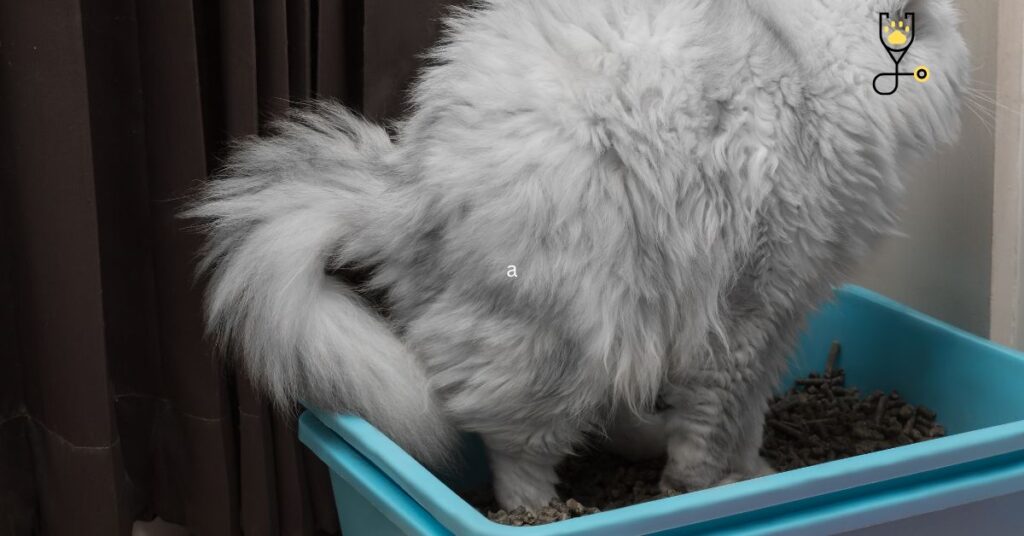
There are many potential causes of renal failure in cats, including:
– Infection: A bacterial infection is the most common cause of renal failure in cats. The bacteria can enter the kidneys through the blood or urine and can cause inflammation and damage to the kidney tissue.
– Toxins: Certain toxins, such as antifreeze, arsenic, and lead, can be poisonous to the kidneys and lead to renal failure.
– Trauma: A traumatic injury, such as being hit by a car, can cause damage to the kidneys and lead to renal failure.
– Cancer: Kidney cancer is a rare but potential cause of renal failure in cats.
– Congenital defects: Some cats are born with congenital defects in their kidneys that can lead to renal failure later in life.
– Age: As cats age, their kidneys can become less efficient at filtering out waste products from the blood, which can lead to renal failure.
– Dehydration: Dehydration can cause the kidneys to become damaged and lead to renal failure.
– Dietary problems: A diet that is high in phosphorus and low in protein can put a strain on the kidneys and lead to renal failure.
Symptoms of renal failure in cats
The symptoms of renal failure in cats can vary depending on the underlying cause. However, common symptoms include:
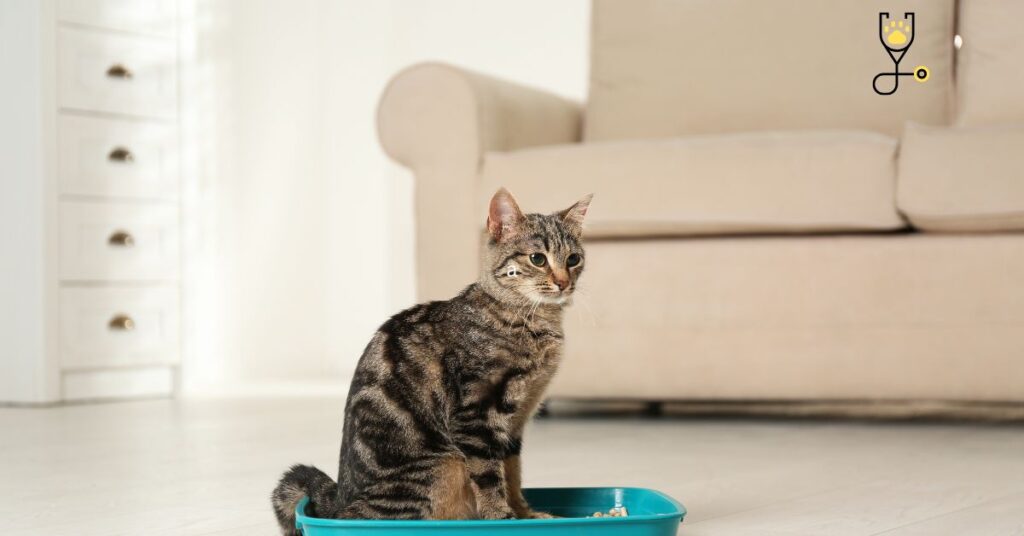
– Increased thirst and urination: As the kidneys become less efficient at filtering out waste products from the blood, cats may drink more water and urinate more frequently in an attempt to rid their bodies of these toxins.
– Weight loss: As the kidneys become damaged, they may not be able to properly absorb nutrients from food, leading to weight loss.
– Vomiting: Vomiting can occur as the kidneys become less able to remove toxins from the blood.
– Diarrhea: Diarrhea may occur as the kidneys are unable to absorb water from the intestine.
– Poor appetite: A decrease in appetite is common as the kidneys become damaged and the cat feels sick.
– lethargy: As the kidneys become less able to remove toxins from the blood, cats may feel tired and lethargic.
– Bad breath: As waste products build up in the blood, they can be released through the lungs, leading to bad breath.
– Seizures: Seizures can occur as toxins build up in the brain due to kidney failure.
– Muscle weakness: Muscle weakness can occur as the kidneys fail to remove toxins from the blood.
– Seizures: Seizures can occur as toxins build up in the brain due to kidney failure.
If you notice any of these symptoms, it is important to take your cat to the vet as soon as possible for a diagnosis and treatment. If renal failure is caught early, it may be possible to treat the underlying cause and improve the cat’s prognosis. However, if renal failure is allowed to progress, it can be fatal.
Treatment of renal failure in cats
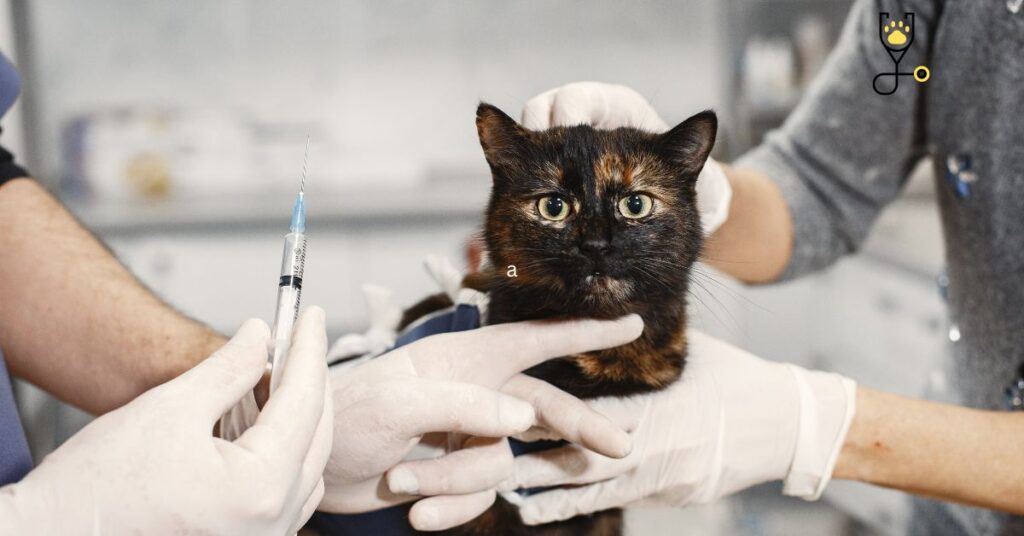
The treatment of renal failure in cats will depend on the underlying cause. If the renal failure is caused by an infection, your vet will prescribe antibiotics. If the renal failure is caused by toxins, your vet will work to remove the toxins from your cat’s system. If the renal failure is caused by trauma, your vet will treat the injuries. If the renal failure is caused by cancer, your vet will recommend surgery or radiation therapy. If renal failure is caused by congenital defects, there is no cure and treatment will focus on managing the symptoms. If the renal failure is caused by age or dehydration, your vet will recommend hydration and supportive care. If the renal failure is caused by dietary problems, your vet will recommend a diet change.
In general, the goal of treatment for renal failure in cats is to support the kidneys and prevent further damage. This may involve IV fluids to keep the cat hydrated, medications to control symptoms, and changes in diet. Dialysis may also be recommended in some cases. If the renal failure is severe, euthanasia may be recommended to prevent further suffering.
Preventions of renal failure in cats
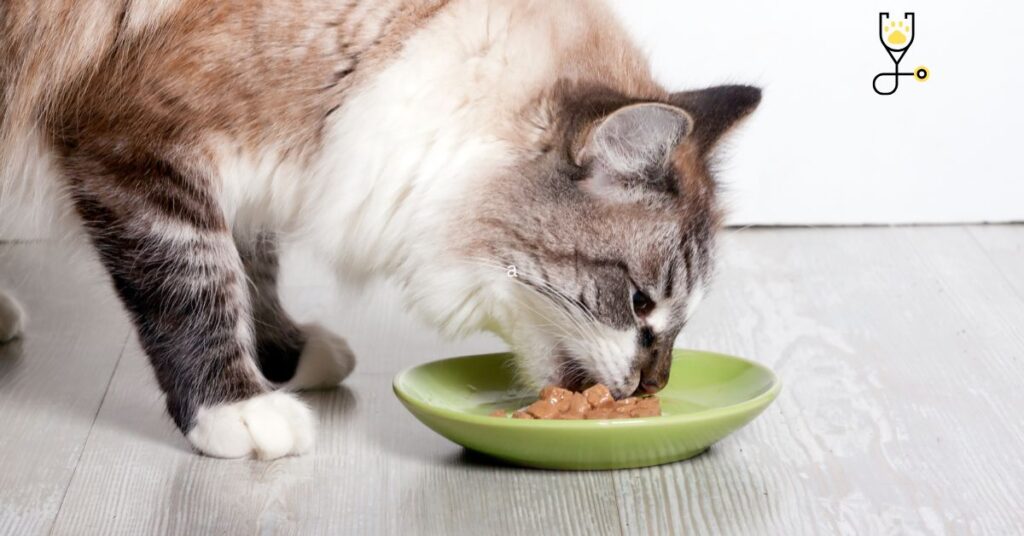
– Feed a high-quality diet: A diet that is high in protein and low in phosphorus can help to prevent renal failure.
– Keep your cat hydrated: Make sure your cat has access to fresh water at all times and encourage them to drink by adding flavorings to the water or using a water fountain.
– Avoid toxins: Keep your cat away from toxins, such as antifreeze, that can damage the kidneys.
– Get regular check-ups: Take your cat to the vet for regular check-ups so that any problems with the kidneys can be detected early and treated appropriately.
The prognosis for renal failure in cats
The prognosis for renal failure in cats will depend on the underlying cause. If the renal failure is caused by an infection, the prognosis is good with treatment. If the renal failure is caused by toxins, the prognosis is good if the toxins are removed quickly. If the renal failure is caused by trauma, the prognosis will depend on the severity of the injuries. If renal failure is caused by cancer, the prognosis will depend on the type of cancer and how early it is caught. If renal failure is caused by congenital defects, there is no cure and the prognosis will depend on how well the cat can be managed. If the renal failure is caused by age or dehydration, the prognosis
Conclusion
Renal failure in cats can be a serious condition that can be fatal if not treated promptly. If you notice any of the symptoms, it is important to take your cat to the vet for a diagnosis and treatment. The goal of treatment is to support the kidneys and prevent further damage. With treatment, the prognosis for renal failure in cats is good. To prevent renal failure, it is important to feed a high-quality diet, keep your cat hydrated, avoid toxins, and get regular check-ups.
FAQ’s
1. What are the symptoms of renal failure in cats?
The symptoms of renal failure in cats can include lethargy, weight loss, dehydration, increased thirst and urination, vomiting, and diarrhea.
2. What are the causes of renal failure in cats?
The causes of renal failure in cats can include infection, trauma, cancer, congenital defects, age, dehydration, and dietary problems.
3. What is the treatment for renal failure in cats?
The treatment for renal failure in cats will depend on the underlying cause. In general, the goal of treatment is to support the kidneys and prevent further damage. This may involve IV fluids to keep the cat hydrated, medications to control symptoms, and changes in diet. Dialysis may also be recommended in some cases. If the renal failure is severe, euthanasia may be recommended to prevent further suffering.
4. What is the prognosis for renal failure in cats?
The prognosis for renal failure in cats will depend on the underlying cause. If the renal failure is caused by an infection, the prognosis is good with treatment. If the renal failure is caused by toxins, the prognosis is good if the toxins are removed quickly. If the renal failure is caused by trauma, the prognosis will depend on the severity of the injuries. If renal failure is caused by cancer, the prognosis will depend on the type of cancer and how early it is caught. If renal failure is caused by congenital defects, there is no cure and the prognosis will depend on how well the cat can be managed. If the renal failure is caused by age or dehydration, the prognosis may be poor.
5. How can I prevent renal failure in cats?
There are several things you can do to help prevent renal failure in cats. Feed a high-quality diet, keep your cat hydrated, avoid toxins, and get regular check-ups.

